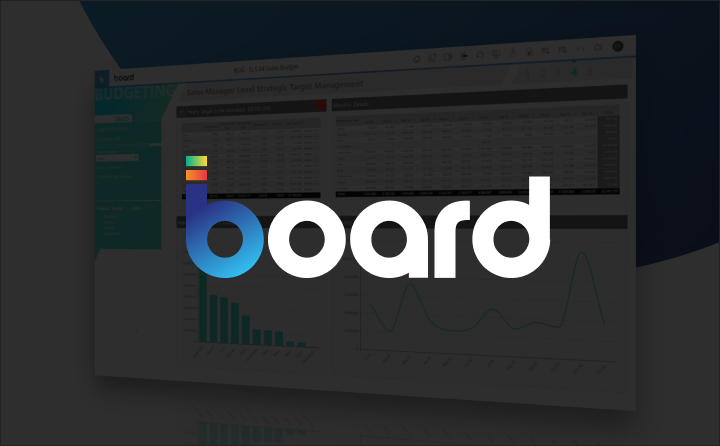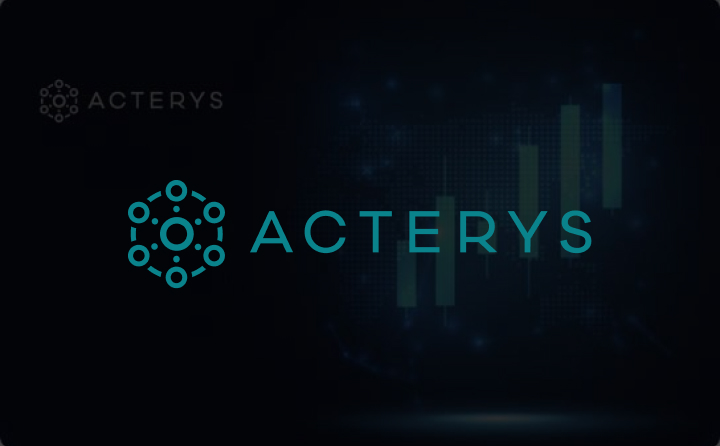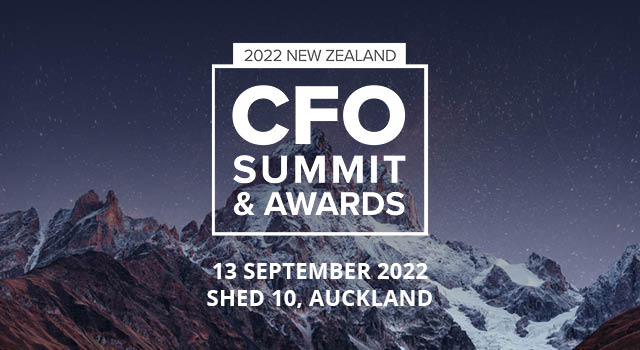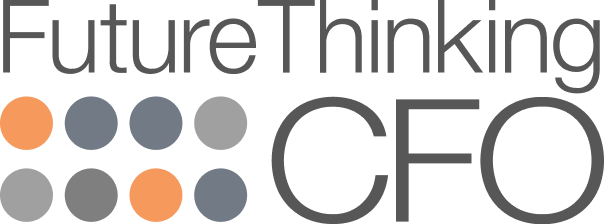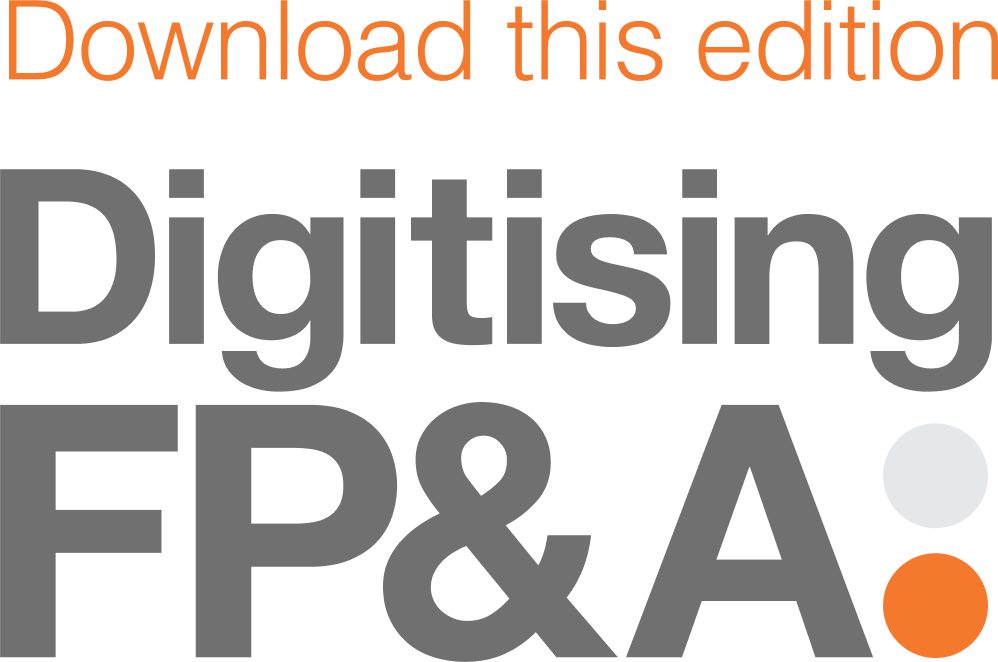25/06/13: GK Horizons provide agile and affordable budgeting & forecasting, financial consolidation and business intelligence solutions for mid size companies to large enterprise, across a variety of industry types.
Established Software Vendors Announce Cloud Strategies – A detailed review: This week we expect announcements from 2 very large and well established software vendors about their long overdue move to the cloud. In the early days of the cloud concept Microsoft and Oracle were waiting to see how the market would react before declaring their strategies. Once they accepted the shift towards the cloud, they decided to rebrand as cloud vendors. However, as I’m about to explain, this is a very difficult shift to make for large well established applications made by large well established software vendors.
The most obvious benefit of cloud computing is the reduced cost of owning and running hardware introduced by the economies of scale that can be realised by hosting services such as Amazon Web Services. This reduced cost provides a profit for the service providers and a cost saving to the customers. This is the same reason we all stopped keeping our own chickens and cows in the back yard several decades ago – it was more efficient and cheaper for someone to do it on a large scale and sell the milk and eggs back to us – this is not a new phenomenon. So for Oracle and Microsoft to take their applications and put it on the cloud is easy, but that is only part of the benefit of the new generation of cloud and SaaS licensed applications.
What is relatively new in the world of software though is the concept of multi-tenancy and this leads me to the second benefit of cloud based applications. Multi-tenancy refers to the architectural design of a piece of software whereby multiple customers use the same code base and the same application instance. This reduces the support costs of an application which again is passed onto customers as a saving. Multi-tenancy provides customers with the benefit of a more affordable solution but also more regular updates or upgrades that are provided as part of the license fee. This eliminates the risk of using unsupported versions and having to plan for expensive and disruptive upgrades every few years.
Multi-tenancy is a fundamental decision made at the design stage of building an application. Oracle will have to redesign and rebuild their existing enterprise applications to become multi-tenancy and to pass on the benefits to their customers. This will take many years, a lot of money (which will be paid for by their customers) and we all know about the quality of their new products.
Moving to the cloud is easy, building multi-tenancy applications is a lot more difficult. Budgeting and Forecasting software solutions such as Adaptive Planning was initially designed for cloud and multi-tenancy. Add to that the lean corporate structure of Adaptive Planning in comparison to Oracle, Microsoft and IBM and it is easy to see which vendor will genuinely provide the more affordable and usable budgeting and forecasting software.
Please contact GK Horizons for more information.




